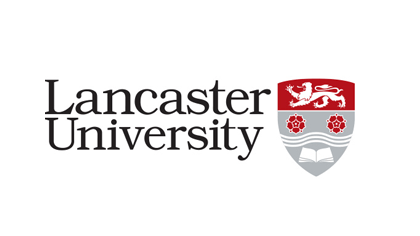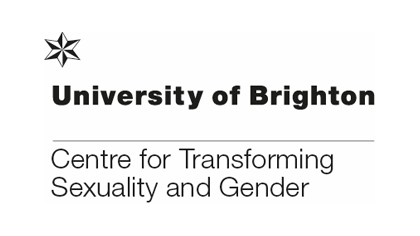Recognition
LGBTQ+ young people may experience marginalisation of their experiences and identities within mental health services. It should never be assumed that any young person is cisgender or heterosexual, or that being LGBTQ+ is a source of distress in and of itself. Therefore, there is a need for LGBTQ+ identities to be actively affirmed and valued with the understanding that there is no one fixed way to be or become an LGBTQ+ person.
What’s the problem?
Cal* (staff member) said “I may be the only adult in that young person’s life that celebrates their queer identity openly and unashamedly, unabashedly. Most of the stories they tell us, not all, but most of the stories they tell are of ignorant adults in their lives and I think it weighs on them.”







